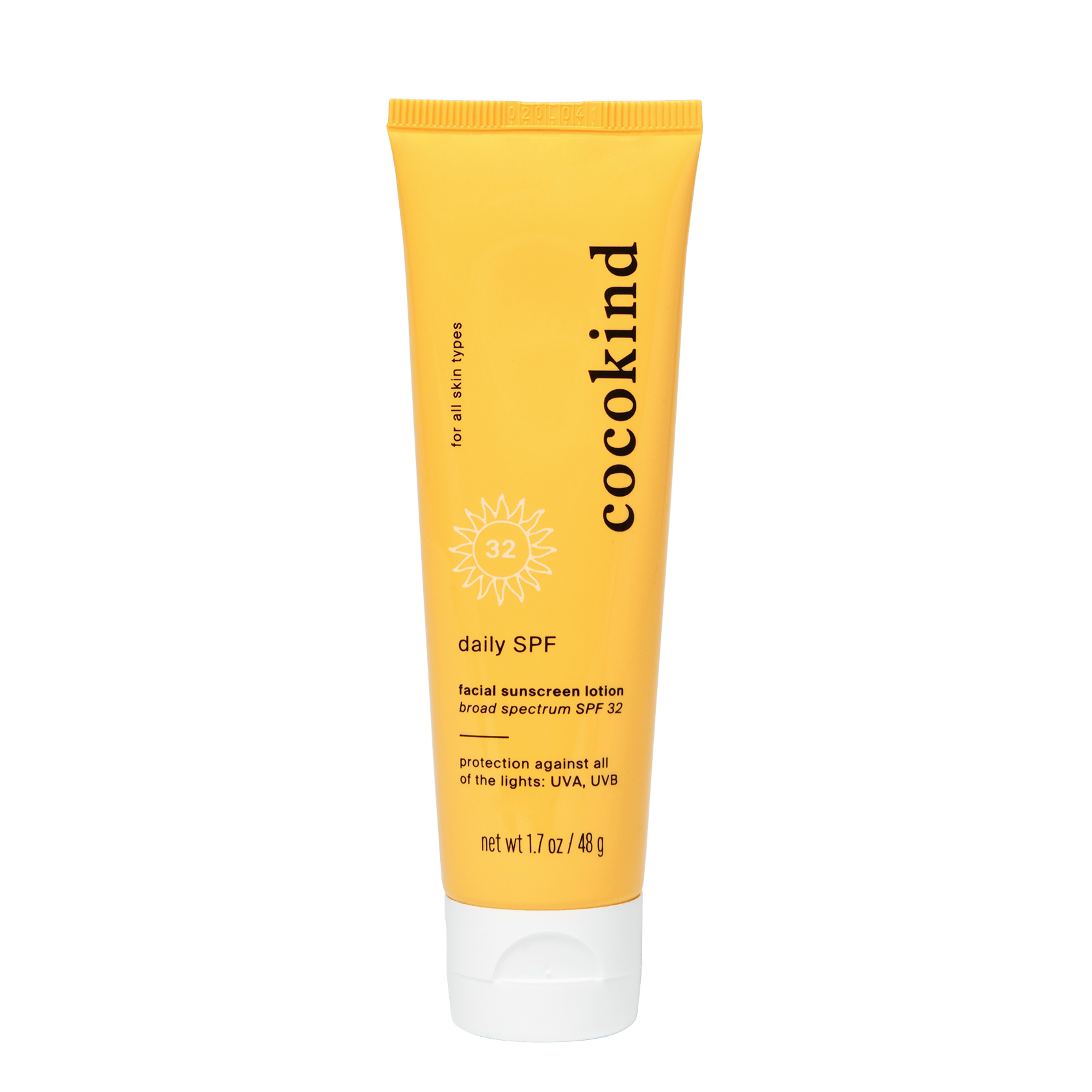Sun protection is incredibly important as it protects our skin from harmful UVA/UVB rays and environmental stressors. Vitamin D is also important, but does using SPF block us from getting enough vitamin D? This is a common myth, but luckily there’s plenty of research that shows that SPF doesn't prevent the average person from getting their daily amount of vitamin D. In fact, it's fairly easy to maintain your daily vitamin D levels without putting your skin’s health at risk!
The Importance of Vitamin D
There’s no doubt that vitamin D is essential for overall health as it aids in absorbing calcium, which is necessary for keeping bones strong. Insufficient vitamin D and calcium levels may increase the risk of developing issues such as osteoporosis or bone softening. Poor vitamin D levels are something we all want to avoid!
How Sun Exposure Produces Vitamin D
You may have joked about “photosynthesizing” while sitting outside and getting some sun rays, but there’s actually some truth to that with the production of vitamin D! When your skin is exposed to UVB rays, a natural chemical reaction turns cholesterol in your skin into vitamin D3. However, sunscreen is meant to block UVB, so what does this mean for vitamin D production?
Why You Shouldn't Skip SPF in the Name of Vitamin D
Research by the British Journal of Dermatology* concluded that there’s no need to choose between sunscreen and vitamin D! According to this study, “there is little evidence that sunscreen decreases vitamin D concentration when used in real-life settings, suggesting that concerns about vitamin D should not negate skin cancer prevention advice.” This study is supported by the Skin Cancer Foundation*, stating that those who wear SPF daily can still maintain healthy vitamin D levels. Safer and easier ways of getting vitamin D do exist through diet adjustments or vitamin supplements! As always, it’s best to talk to your doctor about what works best for you.
The Importance of SPF in Your Daily Routine
Applying SPF every day may be a no-brainer for some, but a 2020 survey* showed that 46% of Americans don’t wear sunscreen. A broad-spectrum SPF reduces the risk of sun damage, premature skin aging, and most importantly, skin cancer. A 2015 study published in Science showed that it can take less than a minute of sun exposure to damage melanocytes (the skin’s pigment cells). This damage continues hours after the initial sun exposure and can lead to the deadliest form of skin cancer, melanoma.
Even though not all sun damage results in skin cancer, each bit of skin damage adds up over time. That's why using a sunscreen that provides protection against both UVA and UVB rays, such as our popular daily SPF 32, is crucial. If you're worried about getting enough vitamin D, you can rest assured that adding SPF to your morning skincare routine won't have a negative impact on your vitamin D levels.
SPF and Vitamin D Don’t Cancel Each Other Out
In conclusion, using SPF to protect your skin from the sun's harmful rays is crucial for preventing skin damage and reducing the risk of skin cancer. Fortunately, research has shown that using SPF does not prevent the average person from getting their daily dose of vitamin D. It is still important to maintain healthy vitamin D levels, but there are safer and easier ways to do so, such as adjusting your diet or taking supplements. So, make sure to include a broad-spectrum SPF in your daily skincare routine and talk to your doctor about the best ways to maintain healthy vitamin D levels. By doing so, you can enjoy the benefits of both sun protection and sufficient vitamin D intake.
TLDR: SPF does block some vitamin D absorption, but research has shown that daily sunscreen use doesn’t decrease vitamin D concentration. If you have deficient vitamin D, you can use supplements and diet adjustments to reverse the effects, however sun damage is irreversible.
Sources:
*Skin Cancer Foundation
*Real Self Survey
*British Journal of Dermatology
*Children’s Hospital
